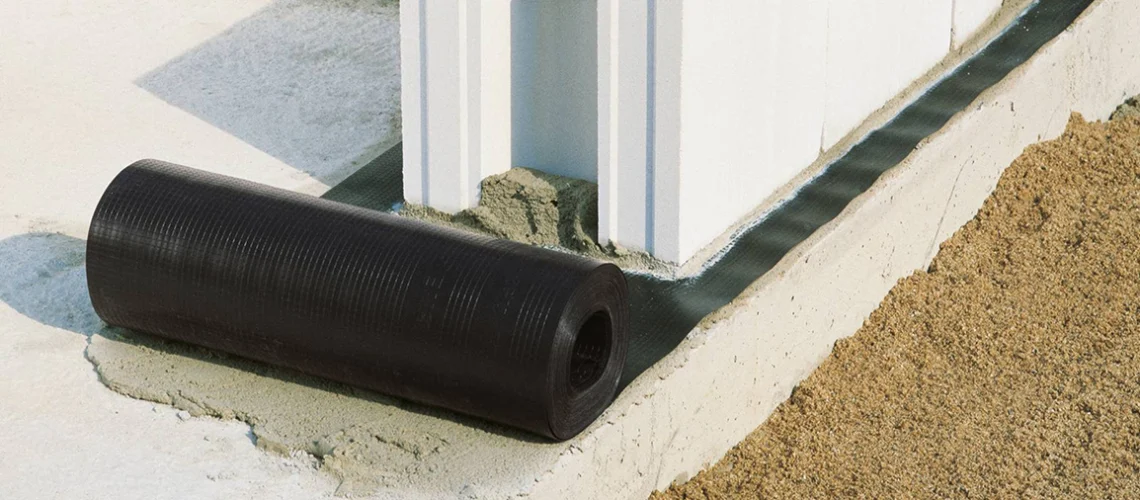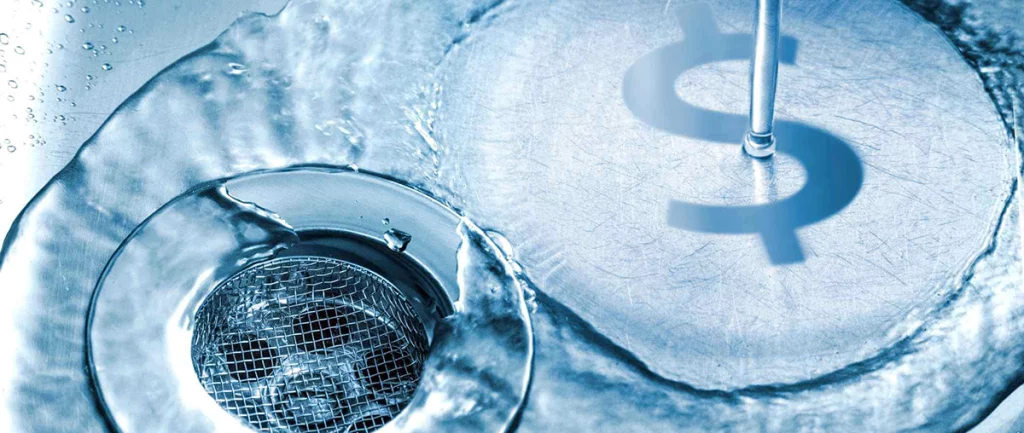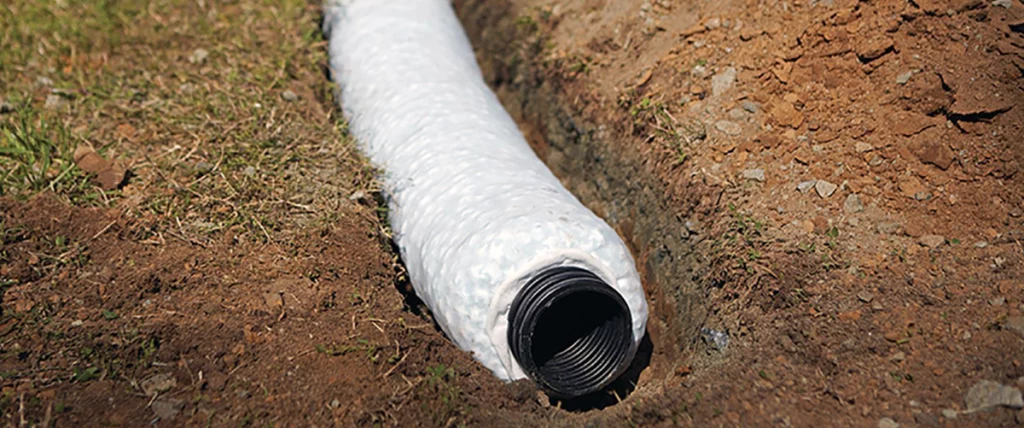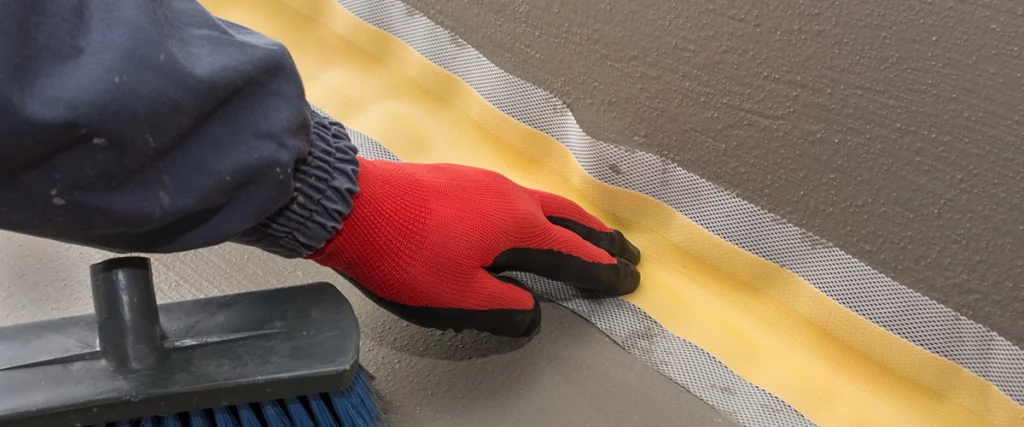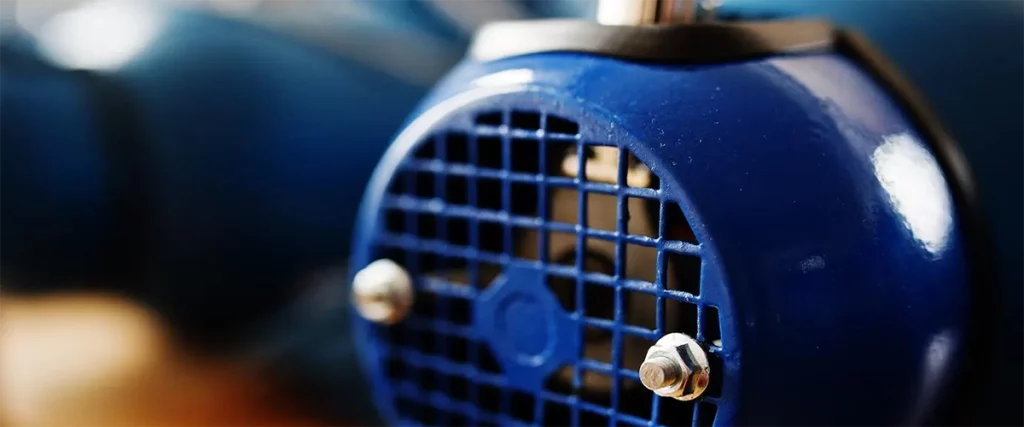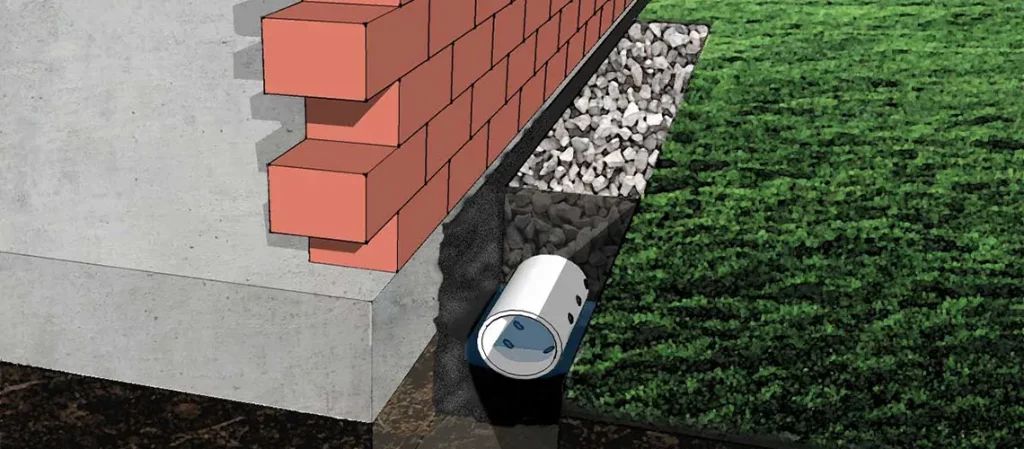Waterproofing your home may not be the first thing on your mind when it comes to home maintenance, but it’s a crucial step that can save you from a myriad of problems in the long run. In this article, we’ll explore the top 5 reasons why waterproofing your home should be a priority.
Contents
Brief explanation of waterproofing
Before we dive into the reasons, let’s understand what waterproofing entails. Waterproofing is the process of making a structure resistant to water, preventing water penetration and potential damage. It’s a proactive measure that every homeowner should consider.
Waterproofing is the process of making a structure resistant to water, preventing water penetration and potential damage. It involves various techniques and materials to create a barrier that keeps water from entering the building. This proactive measure is essential for protecting homes and other structures from the detrimental effects of water, such as structural damage, mould growth, and potential health hazards. Waterproofing can be applied to different parts of a building, including foundations, walls, and roofs, to ensure comprehensive protection against water intrusion.
Importance of protecting your home
The importance of protecting your home cannot be overstated. Your home is more than just a place to live; it’s a significant investment and a sanctuary for you and your family. Taking proactive measures to safeguard your home is crucial for several reasons.
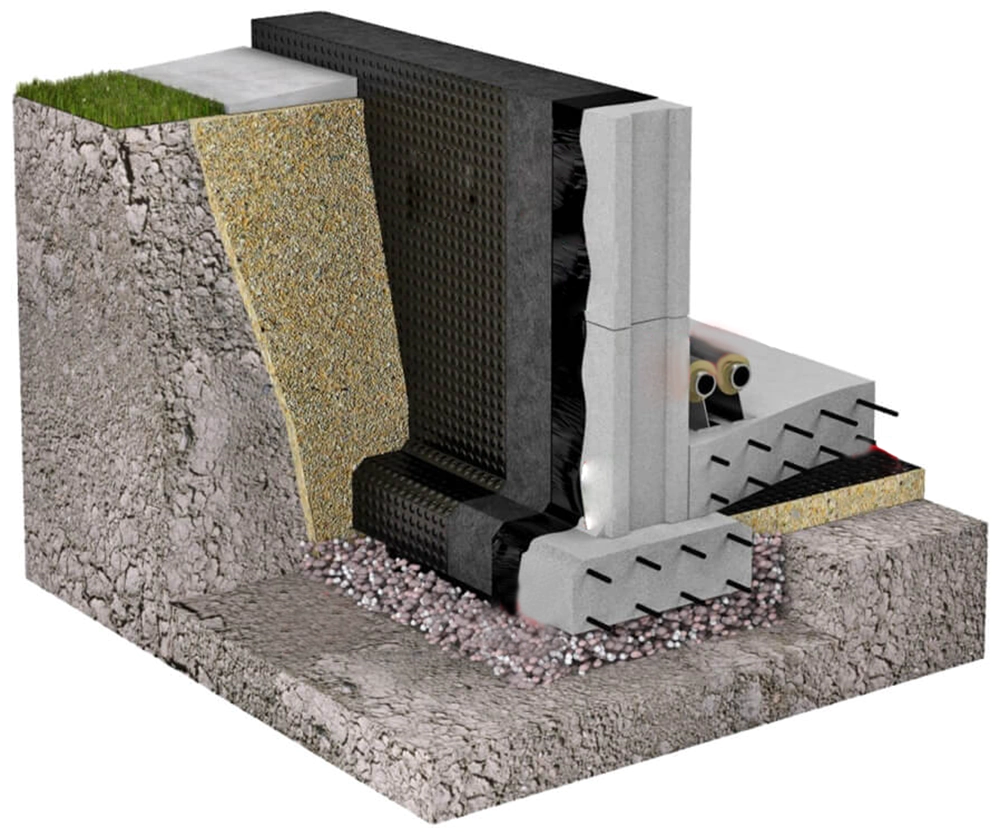
- Protecting your home ensures its longevity and structural integrity. Exposure to the elements, particularly water, can lead to various issues such as foundation damage, cracks in walls, and leaks. Over time, these problems can compromise the stability of your home, potentially resulting in costly repairs.
- Well-protected home contributes to a healthier living environment. Water infiltration can lead to the growth of mould and mildew, which pose serious health risks. Mould spores can trigger respiratory issues and allergies, affecting the well-being of you and your family. By preventing water damage through protective measures, you create a safer and more comfortable space for everyone.
- When it comes to the resale value of your property, a protected home stands out in the real estate market. Potential buyers are increasingly considering the condition of a home before making a purchase. A well-maintained and waterproofed home not only attracts buyers but also adds to the overall value of your property. It becomes a desirable investment for those looking for a secure and reliable place to call home.
In essence, the importance of protecting your home goes beyond immediate concerns. It’s about ensuring the longevity of your investment, creating a healthy living environment, and enhancing the overall value of your property. Taking proactive steps, such as waterproofing, is a wise decision that pays off in the long run, providing both peace of mind and financial security.
Prevention of Structural Damage
Preventing structural damage is a critical aspect of maintaining the long-term integrity and stability of your home. When it comes to structural damage, water is a silent yet potent adversary. Taking proactive measures to prevent water-related issues can save you from a host of problems down the line.
- Water’s impact on foundations
One of the primary concerns regarding structural damage is the impact of water on the foundation of your home. Water infiltration can lead to soil expansion and contraction, exerting pressure on the foundation. Over time, this pressure can cause cracks and compromise the structural soundness of the entire building.
- Cracks and leaks
Unchecked water penetration can result in visible cracks in the walls and ceilings of your home. These cracks not only compromise the aesthetics but also serve as entry points for more water. Leaks during heavy rainfall can further exacerbate the problem, leading to water damage in different areas of your home.
By implementing preventive measures like waterproofing, you create a protective barrier that mitigates the impact of water on your home’s foundation. This not only preserves the structural integrity but also prevents the costly repairs associated with foundation damage.
Health Benefits
The health benefits of waterproofing your home extend beyond the structural aspects, directly impacting the well-being of you and your family. Addressing water-related issues proactively contributes to a healthier living environment.
- Mould and mildew prevention
One of the significant health risks associated with water damage is the growth of mould and mildew. Damp and moist conditions provide an ideal breeding ground for these harmful substances. Mould spores can become airborne, leading to respiratory issues, allergies, and other health concerns.
By waterproofing your home, you create a barrier against water infiltration, effectively preventing the conditions that foster mould and mildew growth. This, in turn, reduces the risk of respiratory problems and allergic reactions, promoting a healthier indoor environment for your family.
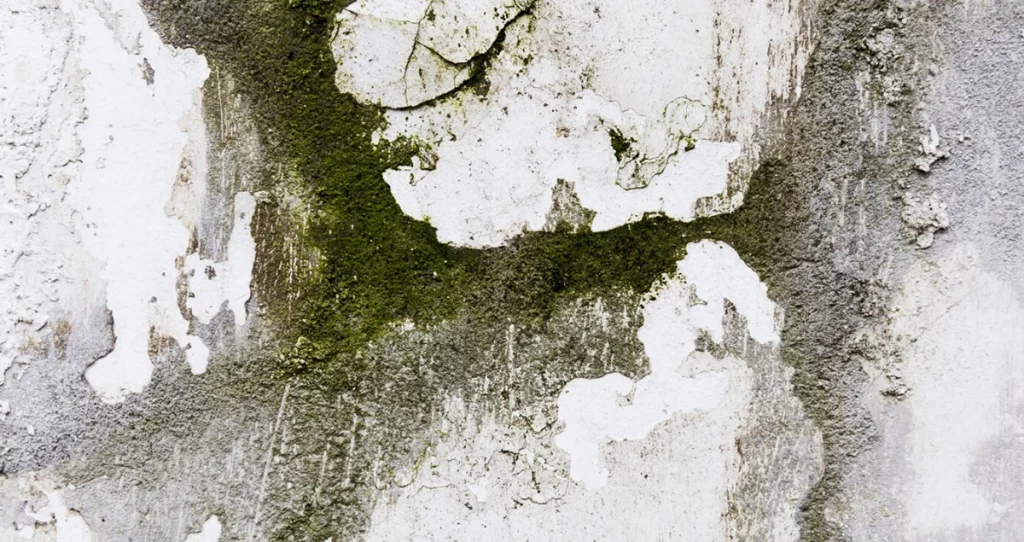
- Respiratory issues avoidance
Exposure to mould spores can trigger or exacerbate respiratory conditions such as asthma. Waterproofing measures help maintain a dry and mould -free environment, reducing the likelihood of respiratory issues. This is especially crucial for individuals with pre-existing respiratory conditions, ensuring a safer and more comfortable living space.
Investing in waterproofing not only protects the physical structure of your home but also safeguards the health of those residing within it. By minimising the risk of mould and improving indoor air quality, you create a home environment that supports the well-being of your family members.
Increased Property Value
Investing in waterproofing your home goes beyond immediate structural benefits; it can significantly enhance the overall value of your property. Here are key reasons why waterproofing contributes to increased property value:
- Impact of waterproofing on home resale
In the real estate market, a well-maintained home stands out and attracts potential buyers. When you can demonstrate that your home has undergone preventive measures like waterproofing, it becomes a desirable property. Homebuyers often prioritise properties with a history of proactive maintenance, viewing them as more reliable and secure investments.
- Attractive feature for potential buyers
Buyers seek homes that not only meet their immediate needs but also promise long-term value. Waterproofing adds to the appeal of your property, offering a valuable feature that sets it apart from others in the market. It becomes a selling point, showcasing your commitment to maintaining the structural integrity and longevity of the home.
Investing in waterproofing is, therefore, not just an expenditure but a strategic decision to enhance the marketability and value of your property. Whether you plan to sell in the near future or not, the assurance of a well-protected home adds a layer of security and attractiveness to your investment. It’s a wise move that pays off both in terms of your home’s resilience and its market value.
Cost-Effective Measure
Investing in waterproofing your home may seem like an expense, but in the long run, it proves to be a highly cost-effective measure. Here’s why considering waterproofing is a prudent financial decision:
- Comparison with potential repair costs
When you weigh the cost of waterproofing against potential repair expenses due to water damage, the preventive nature of waterproofing becomes evident. Water infiltration can lead to structural issues, mould growth, and other damages that often require extensive and costly repairs. Waterproofing acts as a barrier, significantly reducing the likelihood of such damages and their associated expenses.
- Long-term savings
While the upfront cost of waterproofing might seem like an investment, it’s crucial to view it as a long-term saving. By preventing water-related damages, you avoid the need for costly repairs and the potential health-related expenses associated with mould and mildew issues. Waterproofing provides a protective shield, ensuring that your home remains structurally sound and minimising the risk of unexpected financial burdens down the line.
In essence, the cost-effectiveness of waterproofing lies in its ability to prevent more significant and costly issues. It’s a proactive investment that not only protects your home but also saves you money in the long term by avoiding the expenses associated with water damage repairs. Choosing to waterproof your home is, therefore, a smart financial decision that contributes to both the longevity of your property and your financial well-being.
DIY vs. Professional Waterproofing
When it comes to waterproofing your home, the decision between a do-it-yourself (DIY) approach and hiring professionals involves weighing the pros and cons of each. Let’s explore the considerations for both options:

Pros and cons of DIY methods
Pros:
- Cost savings: DIY waterproofing products are often more budget-friendly compared to hiring professionals.
- Flexibility: You have control over the timing and execution of the waterproofing process.
- Learning experience: DIY projects provide an opportunity to learn more about your home and its vulnerabilities.
Cons:
- Limited expertise: DIYers may lack the knowledge to identify and address specific waterproofing needs adequately.
- Potential mistakes: Incorrect application of DIY products can lead to ineffective waterproofing and may even cause further damage.
- Time-consuming: DIY projects can be time-consuming, especially for individuals without prior experience in waterproofing.

Benefits of hiring professionals
Pros:
- Expertise: Professional waterproofing services bring experience and specialised knowledge, ensuring a thorough and effective job.
- High-quality materials: Professionals use industry-standard materials that may provide better and longer-lasting results than some DIY products.
- Time efficiency: Hiring experts can save time, as they are equipped with the necessary tools and experience to complete the job efficiently.
Cons:
- Cost: Professional services come with a cost, which may be higher than the expense of DIY products alone.
- Dependency: Scheduling and availability may depend on the professional’s timeline, impacting the timing of the waterproofing project.
- Less hands-on involvement: Some homeowners prefer actively participating in home maintenance, and hiring professionals might mean less personal involvement in the process.
Ultimately, the decision between DIY and professional waterproofing depends on your comfort level, budget, and the complexity of the job. While DIY methods can be suitable for minor preventive measures, complex or large-scale waterproofing projects often benefit from the expertise and efficiency that professionals bring. It’s crucial to assess your specific needs and capabilities before deciding which approach aligns best with your goals for protecting your home.
FAQs
While some do-it-yourself (DIY) tasks are feasible, it’s advisable to consult professionals, especially for complex waterproofing projects, to ensure effectiveness and long-term protection against water damage.
Cavity wall waterproofing and integral waterproofing are often recommended for basements. These methods provide robust protection against water infiltration in below-ground structures.
The frequency of waterproofing depends on factors such as climate, the specific method used, and the age of the structure. Consulting with professionals can provide personalised recommendations based on your unique circumstances.
No, waterproofing is beneficial for both new and existing structures. Applying waterproofing measures to existing buildings helps prevent potential issues and extends the overall lifespan of the structure.
The cost of waterproofing varies based on factors such as the chosen method, the extent of the project, and the materials used. Balancing effectiveness with budget constraints is crucial for a successful waterproofing endeavour.



